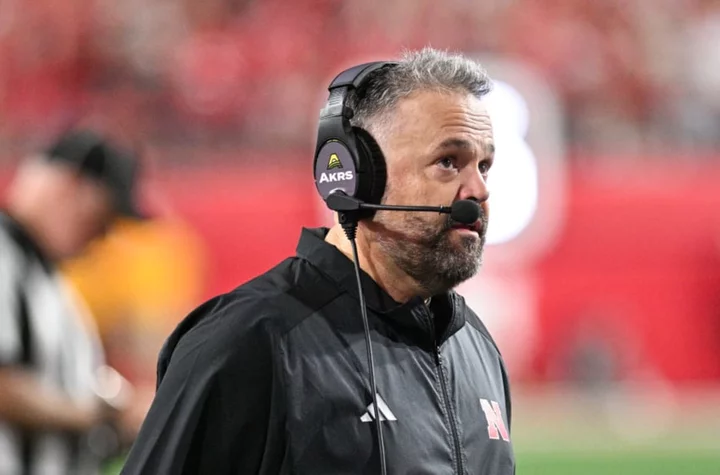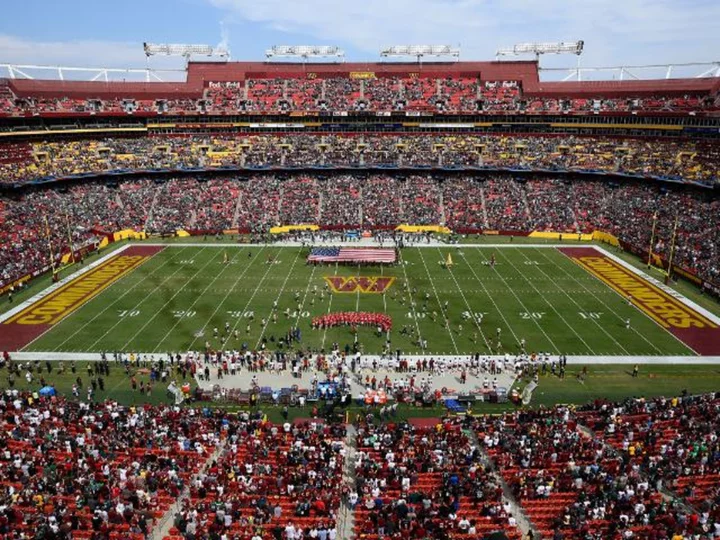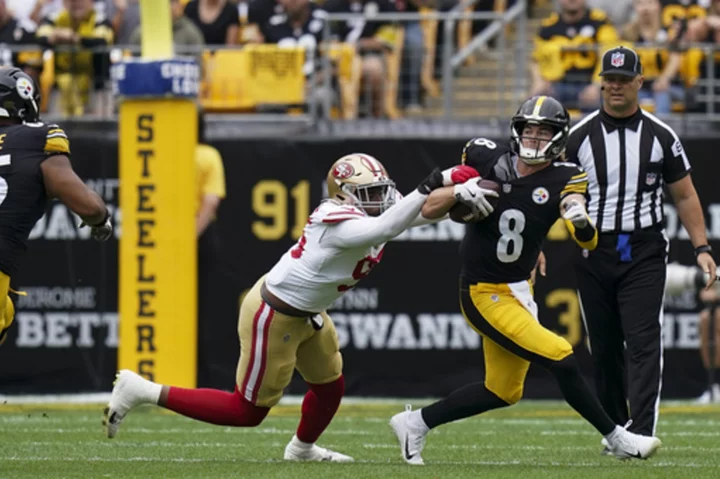The Pittsburgh Steelers improved to 4-2 on Sunday but they benefited greatly from a questionable call to get there.
Just before the two-minute warning, Kenny Pickett converted a fourth-and-1 from the 39-yard line with a QB sneak...at least, that's what the refs determined on the field. The replay told a slightly different story.
Pickett looked short.
The refs marked the spot and gave the Steelers a game-sealing first down. However, the spot looked rather generous.
Under normal circumstances, replay would have had a say, but this time, the circumstances were not in the Rams' favor.
NFL replay rules prevented the right call in Rams vs. Steelers
The Rams had used all their timeouts to prevent the Steelers from running out the clock. That meant they didn't have a timeout available to challenge the play. And by rule, no replay could be initiated by the booth because it was not inside of two minutes.
The NFL's own rules forced the wrong call on the field to be upheld because there is no mechanism for a booth review when a team can't call a challenge. Sam Farmer of the Los Angeles Times is right. That's a serious flaw in the system, one that potentially impacted the outcome of a game.
It makes sense that the NFL doesn't want an overabundance of replay reviews during games. They slow things down and frustrate everyone. However, when a call of that magnitude is missed, it's ridiculous that they back themselves into a corner and don't have a way to get it right.
The Rams might not have won. They would have gotten the ball with about two minutes to play but with a touchdown necessary to tie. So it's not about the result. It's about the principle of a system that's not designed to make sure the right calls are applied when they should be applied.









